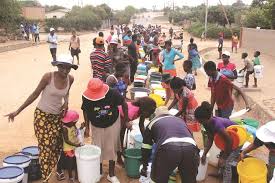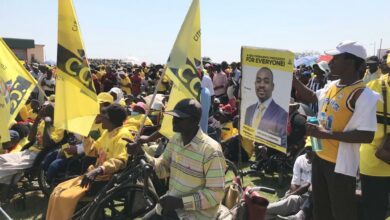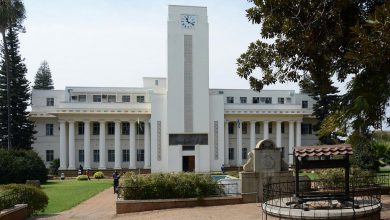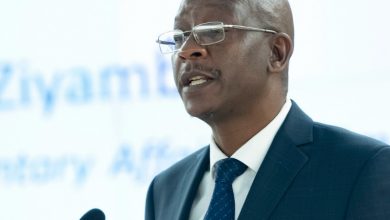PWDs demand inclusive lawmaking
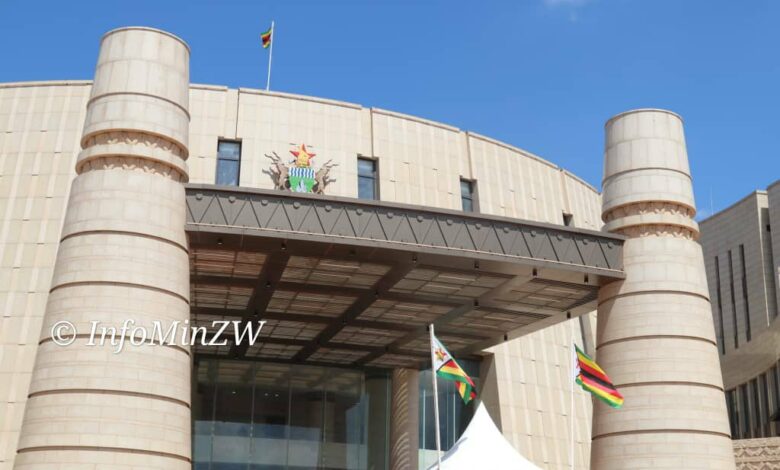
Parliament has been petitioned to initiate measures that ensure all future legislative documents, including bills, acts, and amendments, are available in accessible formats.
This aims to facilitate the participation of persons with disabilities in the democratic process.
Speaker of Parliament, Jacob Mudenda, informed the House yesterday that a petition from Cleopatra Nyaku and Tawanda Mafuta was received.
It beseeches Parliament to take immediate action to produce and distribute Braille versions of the Persons with Disability Bill. These Braille versions should be made available to libraries, disability-focused organisations, and government offices.
“…and to ensure that all future legislative documents, including bills, acts, and amendments, are made available in accessible formats to facilitate the participation of persons with disabilities in the country’s democratic process,” Mudenda said.
He further stated that the petition has been referred to the Portfolio Committee on Public Service, Labour and Social Welfare.
Rising on a point of National Interest, Goromonzi West legislator Biatah Karimatsenga-Nyamupinga highlighted a national appeal for more inclusive disability lawmaking.
“During the ongoing development of this new Act for Persons with Disabilities, it is crucial to assess the effectiveness of public participation. Why they are saying so Mr. Speaker, is because the national census data indicate that approximately 10 percent of our population are living with disabilities with a significant portion residing in socio-economically disadvantaged rural areas, ”
Nyamupinga said the current public hearing structure conducted at the provincial level did not reach the districts.
“I think most of the Members in this House represent rural constituencies where the public hearings did not reach. So, the point of national interest here is, this process is not inclusive because it is leaving out the very people demanding this Bill who are residing in the rural areas, but did not have the opportunity to also add their voices to this Bill,” she said.
She continued, “Yes, people might say they send out some people to stand in for the voiceless, but I do believe that everyone has a voice. They would have wanted to add their voices. So, this Bill is town or city-centred. It is not talking about everyone with a disability considering that 10 percent are disabled, but only 0.1 or less attended the public hearings.”
Nyamupinga appealed for legislators to be allowed to revisit the public hearing process, including previously excluded centres.
“Imagine someone with a disability and limited resources living in Lupane,” she said. “They couldn’t access transportation or the funds to get to the venues with their wheelchairs. Our transportation system doesn’t accommodate wheelchairs, and many operators charge extra to accommodate them. This is the national appeal on this issue. It’s for the persons with disabilities themselves, their carers, relatives, and the communities who support them in their areas. They couldn’t add their voices to the public hearings that took place.”

